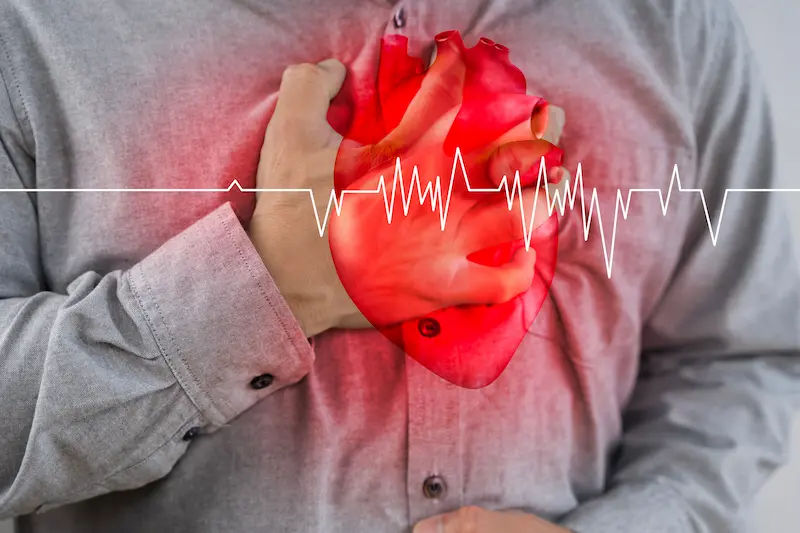- male
- 60 Years
- 07/02/2025
I'm a bit confused and concerned after my angiography. It didn't show any blockages, but they did notice some areas of narrowing. Now, they've recommended a thallium stress test. What kind of results can I expect from that? Also, why exactly is it needed when I've just had an angiography? How is it different from angiography?
Answered by 1 Apollo Doctors
The thallium stress test is used to evaluate blood flow to the heart muscle. It can help determine if there are any areas of the heart that are not receiving enough blood supply, which may indicate coronary artery disease. This test is especially useful when angiography shows no blockages but some narrowness in the arteries. During the thallium stress test, a small amount of radioactive thallium is injected into the bloodstream, and a special camera is used to take images of the heart at rest and after exercise. This helps to identify areas of the heart that may not be receiving enough blood flow, even if there are no significant blockages. The thallium stress test provides complementary information to angiography by focusing on blood flow to the heart muscle rather than just the anatomy of the coronary arteries. It can help to detect areas of reduced blood flow that may not be apparent on angiography alone. In summary, the thallium stress test can provide valuable information about blood flow to the heart muscle, especially in cases where angiography shows narrowness but no blockages.
Dr. Anshul Suggests...
Consult a Cardiologist
Answered 04/07/2025
0
0

More Cardiology Health Queries
View allMy arm and chest sometimes start to hurt at random times. Sometimes it's just my chest, sometimes just my arm, and other times both, with this throbbing sensation that can last for a couple of hours. What could be causing this? It's really worrying me.
It sounds like you may be experiencing symptoms of angina, which is chest pain or discomfort caused by reduced blood flow to your heart muscle. The pain can sometimes radiate to the arm, neck, jaw, or back. It is important to consult a doctor for proper evaluation and diagnosis. In the meantime, you can take nitroglycerin sublingual tablets for immediate relief. The usual dosage is 0.3 to 0.6 mg every 5 minutes as needed, up to 3 doses. If the pain persists, seek medical attention immediately.
Answered by 1 Apollo Doctors
I'm really worried about my dad who's 59 and just got told he has a 'Non specific T abnormality' and 'Flat T wave' in his ECG. He's had a 2D echo too, showing a 60 LVEF and no RWMA at rest. Is this something we should be concerned about?
kk
Answered by 1 Apollo Doctors
I've been taking Amlong 2.5 mg twice a day, but over the past four days, my blood pressure hasn't gone below 150100. I'm really concerned about this. Do you have any advice on what I should do next?
u take same tablet thrice daily,, if still bp not reduced u can shift to tab tema h 40+12.5 mg once daily orally , salt restricted diet is advised and dash diet .REVIEW in opd after 2 weeks for BP monitoring..
Answered by 1 Apollo Doctors
Disclaimer: Answers on Apollo 247 are not intended to replace your doctor advice. Always seek help of a professional doctor in case of an medical emergency or ailment.

.webp)



